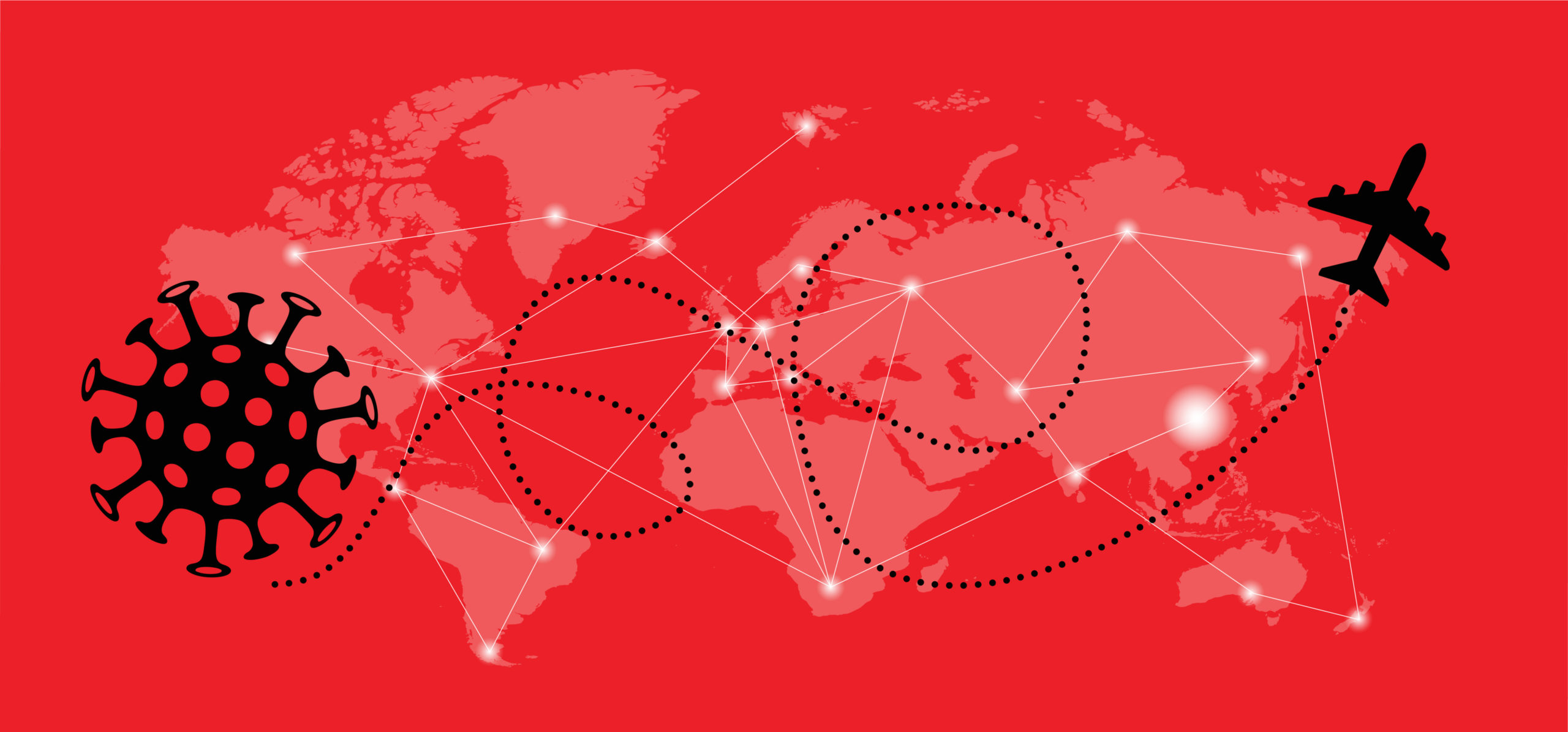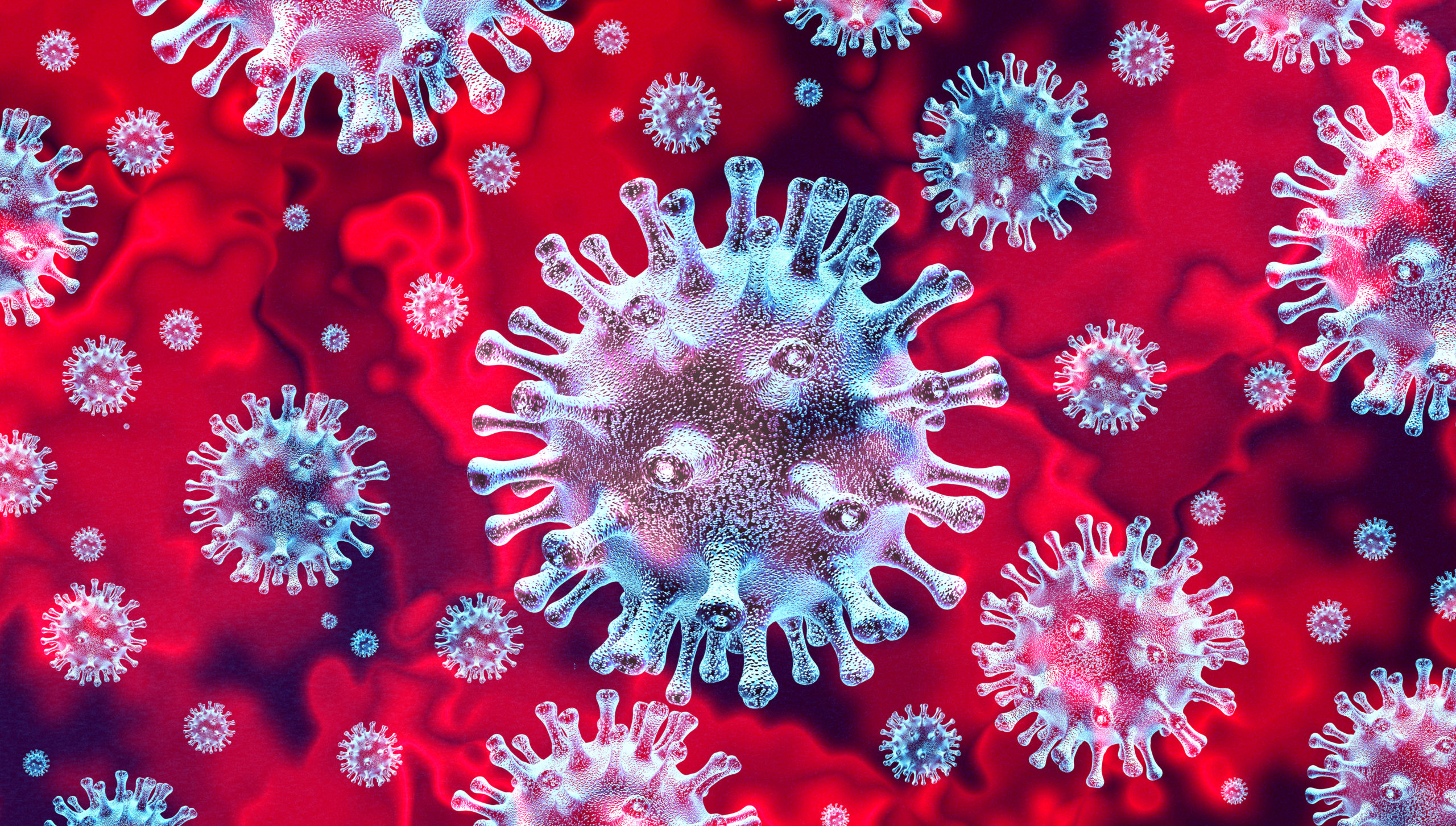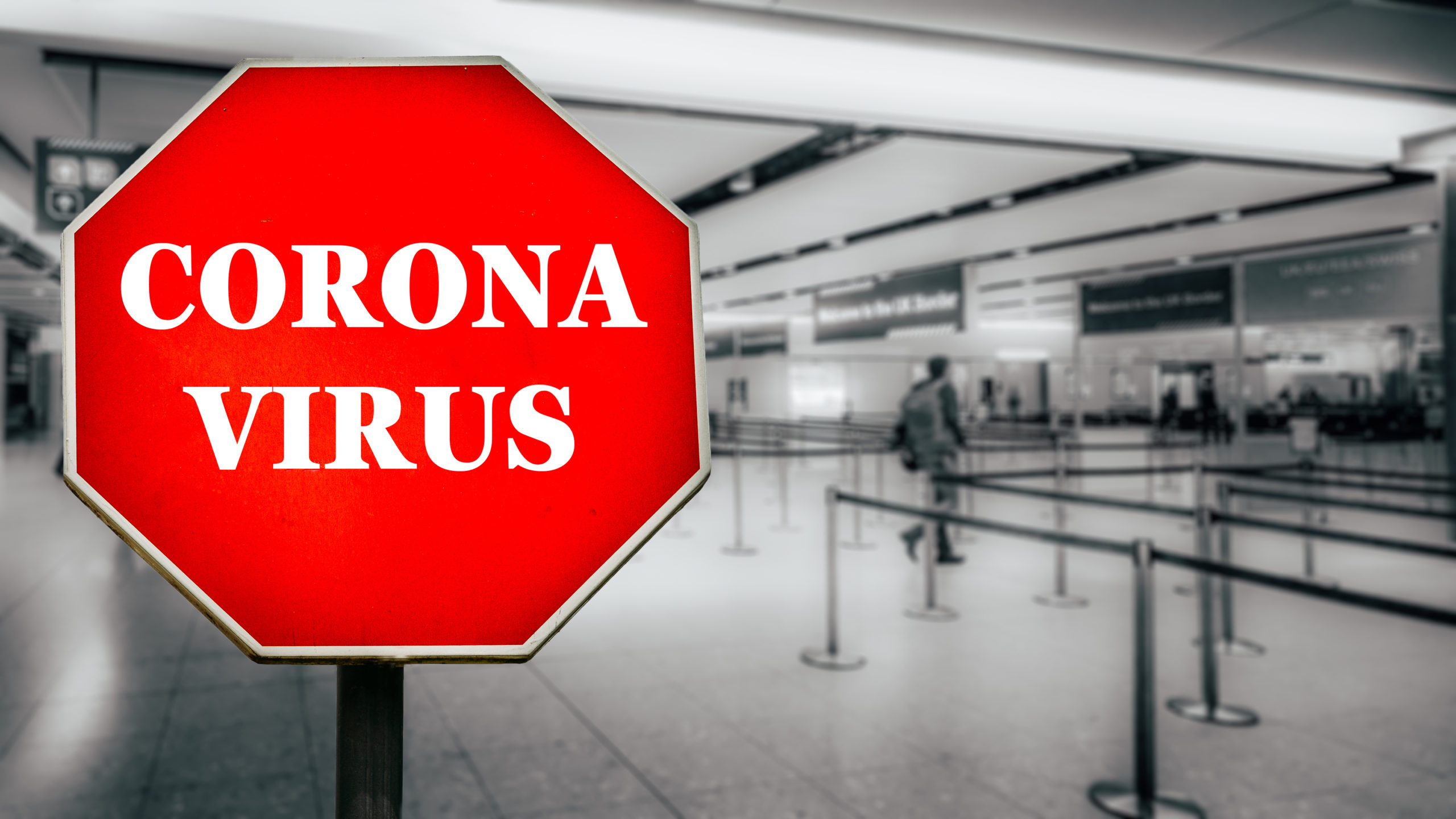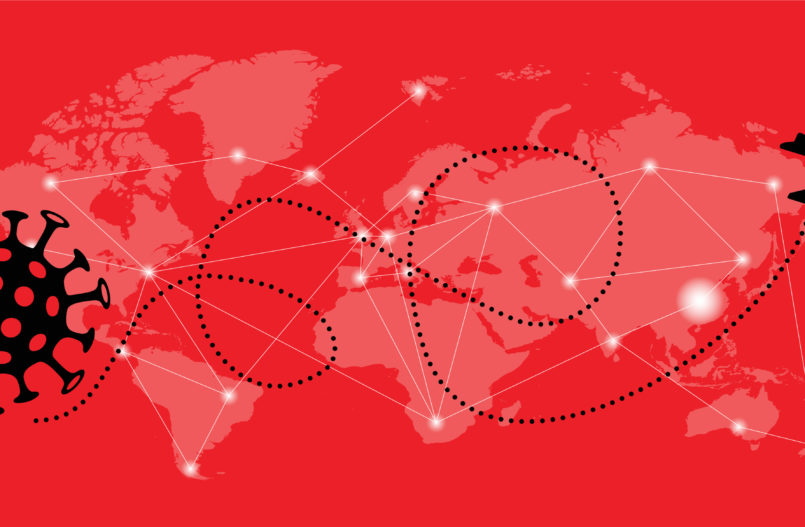The new coronavirus epidemic is having major effects on the healthcare and travel sectors; what about marketing health tourism? Attracting and motivating consumers and patients to travel to a destination for wellness, healthcare and medical services is a fundamental role of marketing. Should we be attracting consumers under the current circumstances?
Limiting travel, and therefore potential exposure of uninfected individuals to infected individuals is a major element of controlling contagion is any infectious disease. This “social distancing” helps to slow transmission and therefore the growth of the epidemic. This is especially relevant now, early in an epidemic, when the precise method of transmission is not clearly known. It appears that individuals infected with the novel coronavirus are not immediately symptomatic; you can be infected, and not know.
 Inadvertent exposure of uninfected healthcare workers is not a good idea either, since they’re a critical resource for effective response to managing an outbreak of Covid-19 infection in any location. Keeping healthcare workers safe is a top priority for providers and regional authorities, as they are the front-line response capacity.
Inadvertent exposure of uninfected healthcare workers is not a good idea either, since they’re a critical resource for effective response to managing an outbreak of Covid-19 infection in any location. Keeping healthcare workers safe is a top priority for providers and regional authorities, as they are the front-line response capacity.
So where does this leave those of us who are heavily invested in promoting travel by individuals to a particular destination where they will consume healthcare? It should leave all of us carefully considering intentions, urgency and impact.
Intentions & Urgency
The largest components by volume of any regional health tourism market are the low acuity procedures such as cosmetic, lifestyle and elective. If the traveling consumer’s “intention” is to visit a location where there have been no diagnosed cases, to savor relaxation where the providers with whom the traveler will interact are not part of the front-line response to a potential infectious outbreak (e.g., massage therapists, yoga instructors), then the decision to travel is primarily personal, then the trip will probably not have any untoward impact.
On the other hand, consumers who have been planning arthroscopy, for example, or any other treatment that will put them in a primary or secondary healthcare provider environment, these plans and decisions need to be reconsidered, in open dialogue with the providers themselves and taking the advice of local health departments and relevant authorities. A significant component of such considerations and decisions will be the urgency of the sought-after procedure.
Decisions and plans to travel to access and consume healthcare just got more complicated!
Reality Check; Epidemic 101
The novel coronavirus is still spreading around the world. According to global public health experts, the likely path of the disease is based on its biology (not yet fully understood), policies (highly varied place to place, and developing) and response. Read more here.
The policies related to the epidemic are highly varied based on the politics and culture of the location. The response in South Korea will not be acceptable in the USA, for example.
This variability renders the analysis of sound guidance about travelling for health more complex. We urge anyone considering traveling for health, wellness, dental or medical services to consider their plans carefully and responsibly.
Marketing against the tide
So what about marketing health, dental and medical tourism?
The public is increasingly concerned about the novel coronavirus. Regardless of what may be sound public health and epidemiological advice, it seems imprudent to promote travelling for healthcare now because “traveling” and “healthcare” are both fraught terms. Should we brush aside the facts about the epidemic, and pursue a business development agenda that can put lives at risk? I think not.
This is why so many responsible organizations are postponing conferences and placing restrictions on employee travel.
For those whose care is exigent, and access to the services being considered is available only in the anticipated destination, the decision to travel for care must then be taken, but only in careful dialogue with their providers and informed by advice of public health and infectious disease experts.
Safe rather than sorry
As the epidemic unfolds, the ripples of impacts will spread through societies and economies across the globe; no one, anywhere is immune by definition.
As a husband, father, grandfather, friend and healthcare and marketing professional with almost 50 years of experience, my suggestion is to stay home unless you are sure, and if you’re sure, be careful. An extra layer of thoughtfulness is needed among everyone in the health tourism markets.
#medical tourism; #health tourism; #international healthcare

